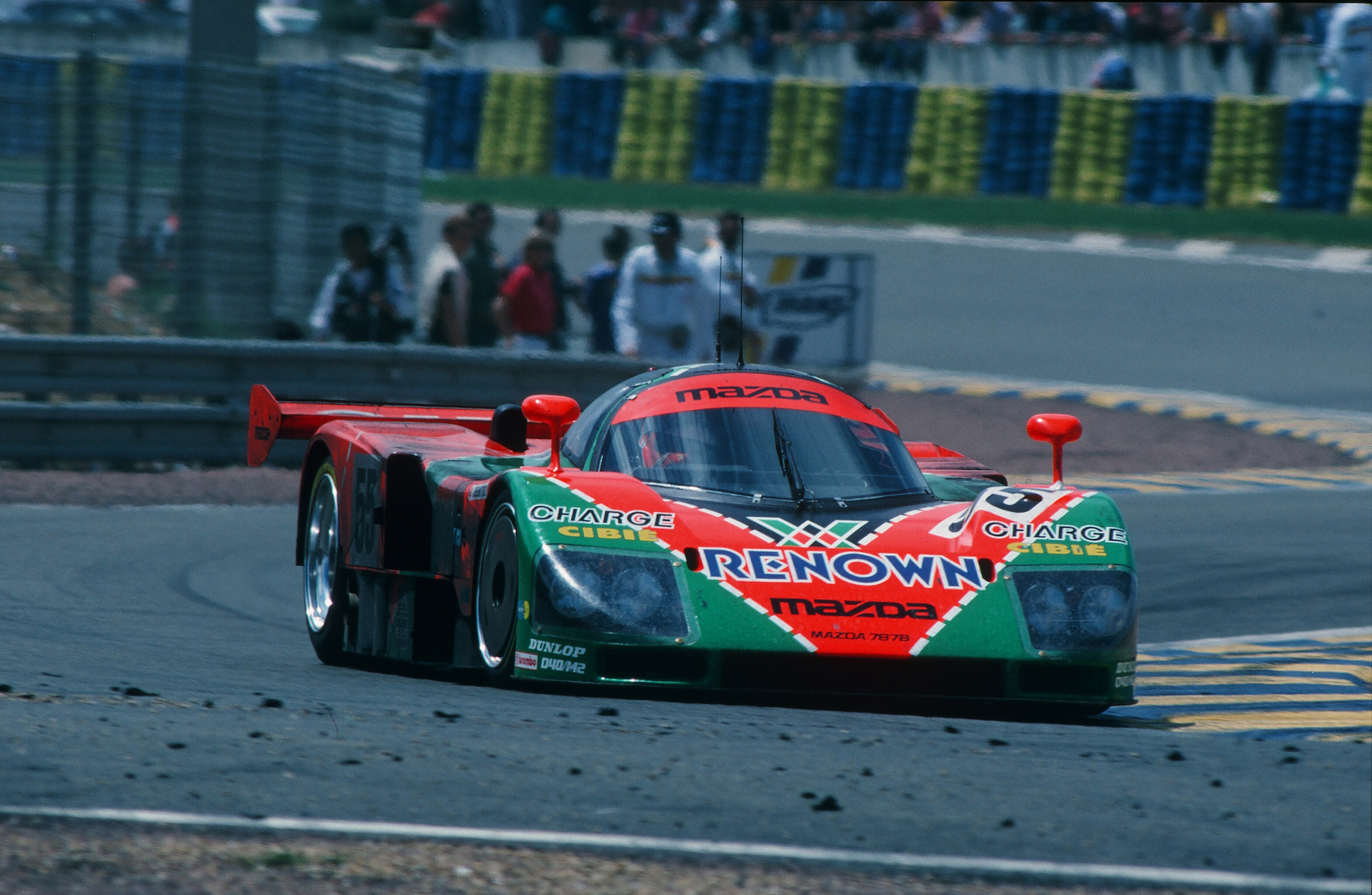
Mazda Racing

Mazda is known for producing high-quality vehicles with advanced technology, impressive performance, and sleek design. However, the company’s commitment to racing is equally impressive. Mazda has a long history of racing, and the company’s passion for motorsports has helped to shape its vehicles and its brand.
From grassroots racing to professional circuits, Mazda has a presence in almost every type of racing around the world. The company has a history of success in various racing categories, and its commitment to racing has helped to cement its reputation as a leading automaker. In this article, we will take a closer look at Mazda’s racing history, its current racing programs, and the impact that racing has had on the company.
History of Mazda Racing
Mazda’s commitment to racing began in the 1960s when the company began developing its first rotary engine. The unique design of the rotary engine, which had a smaller size and higher power output than traditional piston engines, made it ideal for racing. In 1968, Mazda entered its first race, the Marathon de la Route, in which it competed with three Mazda Cosmo Sports models. The company’s cars impressed the racing world with their reliability, and they finished fourth and fifth in their class.
Over the years, Mazda continued to refine its rotary engine technology and entered a wide range of racing events around the world. In the 1980s and 1990s, Mazda became particularly successful in sports car racing, winning numerous races and championships, including the 24 Hours of Daytona and the 24 Hours of Le Mans.
One of the most iconic Mazda race cars is the RX-7, which was introduced in 1978. The RX-7 quickly gained a reputation as a formidable sports car, and it was used extensively in racing. The RX-7 was particularly successful in the IMSA GTU class in the 1980s, winning several championships and earning a reputation as a reliable and competitive race car.
Current Racing Programs
Mazda continues to have a significant presence in motorsports, with teams competing in a wide range of racing categories around the world. The company has a particular focus on grassroots racing, and it supports amateur racers through programs like the Global Mazda MX-5 Cup and the Spec Miata class.
The Global Mazda MX-5 Cup is a professional racing series that features identical Mazda MX-5 race cars. The series is designed to be a cost-effective way for drivers to compete at a professional level, and it has helped to launch the careers of many successful racers.
In addition to its grassroots racing programs, Mazda also has a presence in professional racing categories, including the IMSA WeatherTech SportsCar Championship and the Super GT series in Japan. The company’s current flagship race car is the Mazda RT24-P, which competes in the IMSA WeatherTech SportsCar Championship in the United States. The RT24-P is a prototype race car that features a turbocharged four-cylinder engine and advanced aerodynamics.
Impact on Mazda’s Brand
Mazda’s commitment to racing has had a significant impact on the company’s brand. Racing has helped to establish Mazda as a leading automaker and has helped to build a strong and dedicated fan base. The success that Mazda has achieved on the racetrack has also helped to drive innovation and development in its production vehicles.
One of the most significant impacts that racing has had on Mazda’s brand is the connection between its racing and production vehicles. Mazda’s cars have a reputation for being reliable, fun to drive, and great value for money, and these traits are a direct result of the company’s racing history. By testing its engines and chassis in the extreme conditions of racing, Mazda has been able to develop technology and design features that make its production vehicles more reliable and more enjoyable to
-

1991 race winning Mazda 787B
Mazda Motor Corporation has announced that the Le Mans winning Mazda 787B will take part…
-

WHAT’S NEW WITH MAZDA MOTORSPORTS? EVERYTHING!
New car, engine, fuel, teams, and drivers join Mazda and SpeedSource at Daytona January 25,…
-

MAZDA TO RACE SKYACTIV-D DIESEL ENGINES AT LE MANS
Mazda to supply clean diesel power to Dempsey Racing for 2013 Le Mans entry Race-tuned…